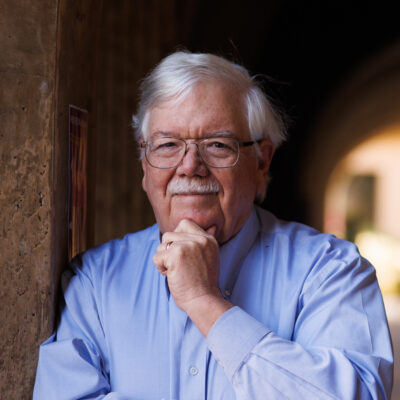Open Season Is Seen In Gene Editing of Animals
Summary
The New York Times quotes Professor Hank Greely on the ethical impacts of genetic engineering on animals.
Other than the few small luxuries afforded them, like private access to a large patch of grass, there was nothing to mark the two hornless dairy calves born last spring at a breeding facility here as early specimens in a new era of humanity’s dominion over nature.
But unlike a vast majority of their dairy brethren, these calves, both bulls, will never sprout horns. That means they will not need to undergo dehorning, routinely performed by farmers to prevent injuries and a procedure that the American Veterinary Medical Association says is “considered to be quite painful.”
…
“This essay is, in essence, a plea — let’s not ignore the nonhuman part of the biosphere,” Alta Charo of the University of Wisconsin and Henry T. Greely of Stanford University cautioned in an article titled “Crispr Critters and Crispr Cracks,” to be published in The American Journal of Bioethics next month. “Not only is it much larger than the human part, but it is much more susceptible to unobserved or unfettered — but not unimportant — changes.”
Read More
